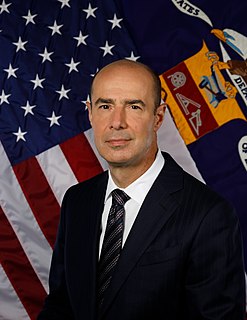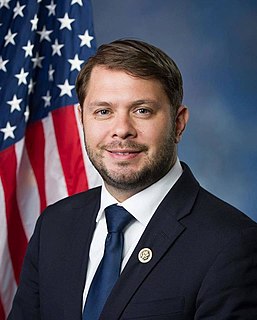A Quote by Eugene Scalia
Before Trump, trade policy ceded our manufacturing strength to foreign nations.
Related Quotes
President Trump was determined to replace NAFTA from the day he took office. It reflected the old way of trade deals in which our partners shirked labor protections while American companies shipped operations and jobs to cheaper foreign locations. Our factories shuttered, our manufacturing shrank, and we grew more dependent on foreign suppliers.
If I were Donald Trump, I would definitely not pick Mitt Romney because it's very easy for Mitt Romney to have have a separate foreign policy operatus in the State Department that would run a dissenting foreign policy from the White House foreign policy. There, I think the populist America-first foreign policy of Donald Trump does run against a potential rival.
We have to fundamentally rethink our trade policy and make it work not for the CEOs of large corporations, but for working people. So, if Trump wants to develop a rational trade policy which demands corporations start investing in this country, rather than China, that's something that we can work on.
Nations are like people. Once you understand the interactions between nations, it's easy to understand why things are done, in terms of foreign policy, in a certain way. But nations are not like people in the sense that we are cumulatively represented by others - and their interpretations of what our interests are may not be the same as what they really are. And that's what's dangerous, even in a democracy.





























